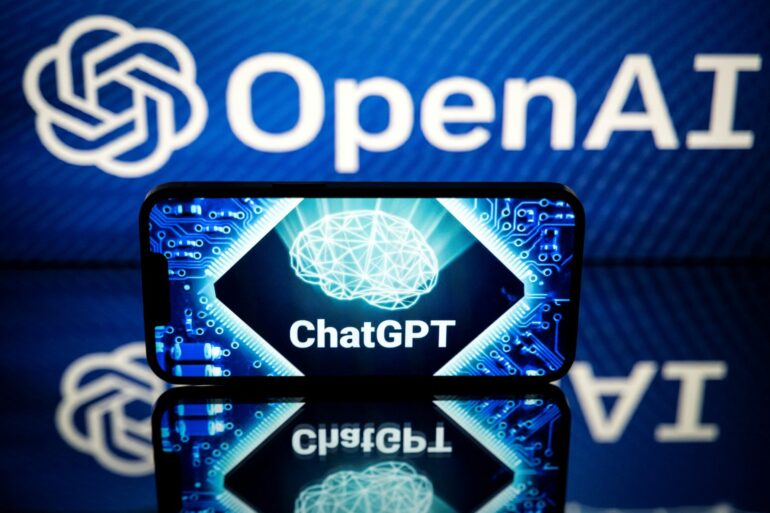Within four months of ChatGPT’s launch on Nov. 30, 2022, most Americans had heard of the AI chatbot. Hype about – and fear of – the technology was at a fever pitch for much of 2023.
OpenAI’s ChatGPT, Google’s Bard, Anthropic’s Claude and Microsoft’s Copilot are among the chatbots powered by large language models to provide uncannily humanlike conversations. The experience of interacting with one of these chatbots, combined with Silicon Valley spin, can leave the impression that these technical marvels are conscious entities.
But the reality is considerably less magical or glamorous. The Conversation published several articles in 2023 that dispel several key misperceptions about this latest generation of AI chatbots: that they know something about the world, can make decisions, are a replacement for search engines and operate independent of humans.
1. Bodiless know-nothings
Large-language-model-based chatbots seem to know a lot. You can ask them questions, and they more often than not answer correctly. Despite the occasional comically incorrect answer, the chatbots can interact with you in a similar manner as people – who share your experiences of being a living, breathing human being – do.
But these chatbots are sophisticated statistical machines that are extremely good at predicting the best sequence of words to respond with. Their “knowledge” of the world is actually human knowledge as reflected through the massive amount of human-generated text the chatbots’ underlying models are trained on.
Arizona State psychology researcher Arthur Glenberg and University of California, San Diego cognitive scientist Cameron Robert Jones explain how people’s knowledge of the world depends as much on their bodies as their brains. “People’s understanding of a term like ‘paper sandwich wrapper,’ for example, includes the wrapper’s appearance, its feel, its weight and, consequently, how we can use it: for wrapping a sandwich,” they explained.
This knowledge means people also intuitively know other ways of making use of a sandwich wrapper, such as an improvised means of covering your head in the rain. Not so with AI chatbots. “People understand how to make use of stuff in ways that are not captured in language-use statistics,” they wrote.
À lire aussi :
It takes a body to understand the world – why ChatGPT and other language AIs don’t know what they’re saying
AI researchers Emily Bender and Casey Fiesler discuss some of ChatGPT’s limitations, including problems of bias.
2. Lack of judgment
ChatGPT and its cousins can also give the impression of having cognitive abilities – like understanding the concept of negation or making rational decisions – thanks to all the human language they’ve ingested. This impression has led cognitive scientists to test these AI chatbots to assess how they compare to…



